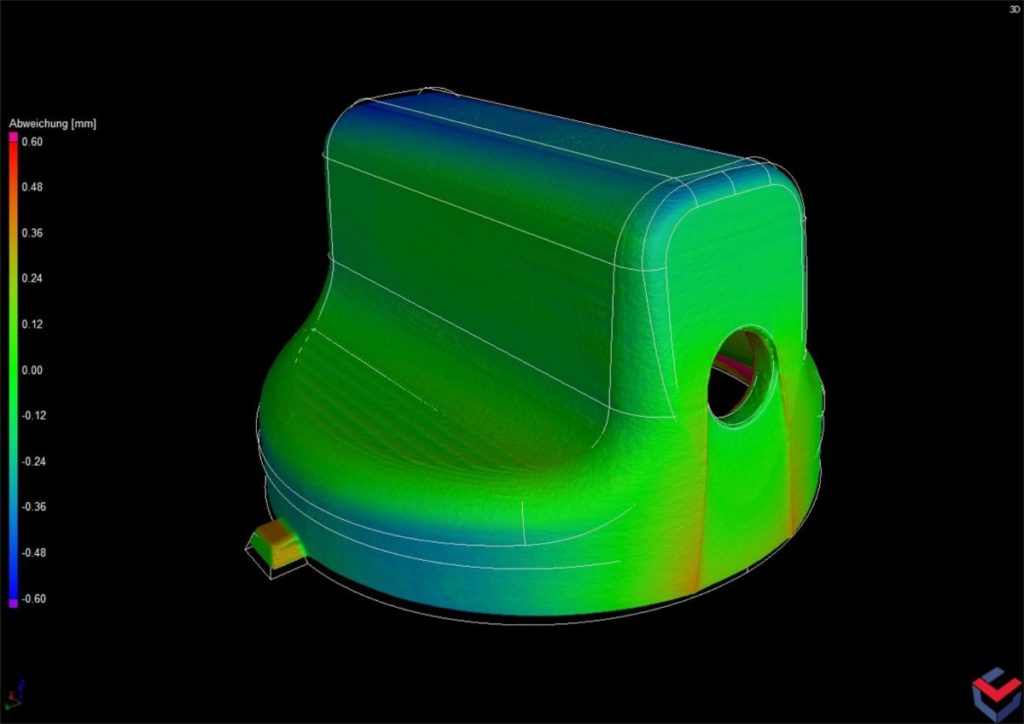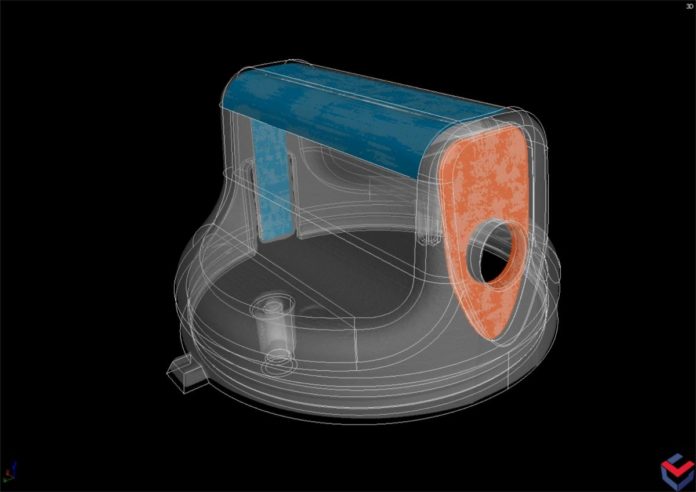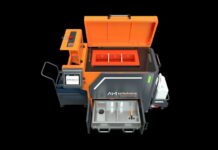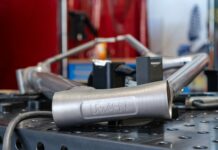Volume Graphics and the Kunststoff-Institut will join forces alongside other companies of the industry in a project related to “Rapid Tooling”.
Volume Graphics will bring its expertise in quality assurance and process optimization. Indeed, the provider of industrial CT software develops an industrial computed tomography (CT) data-analysis software.
Founded in 1988, The Kunststoff-Institut on the other hand, offers a flexible platform to over 340 companies to meet specific market demands.
“Working on this project with Kunststoff-Institut and partners is very important to us,” explains Christof Reinhart, CEO of Volume Graphics, “because we are convinced that industrial computed tomography can advance the future of rapid tooling. We have been following the topic of additive manufacturing in general and rapid tooling in particular for some time now and are working on solutions to increase prototype volumes, speed of design and overall part-and-process quality.”

The increasing role of Additive manufacturing in rapid tooling
In tool and mold making, additive manufacturing is playing an increasingly important role in the quality and economics of high-efficiency metal production tooling with conformal cooling channels, and rapid prototyping of sample parts and plastic mold inserts. Mold inserts are a focus of the Consortium’s second project because of their critical importance in strengthening parts and/or encapsulating fabricated components.
The development phase of creating injection molded parts and inserts often requires the production of small-quantity prototypes. Two common approaches are, first, the modeling of sample “presentation” components using a low-end rapid process and, second, the more complicated method of using an aluminum molding tool, where the final part in the prototype production process is completed with an injection molding machine.
However, a new “rapid” method offers improved time and cost savings over aluminum: plastic molds – produced through industrial AM—that are then used for prototyping traditional plastic components with inserts. While the sample output is lower in plastic molds than in aluminum, plastic is proving more than sufficient for prototypes and is less expensive than metal.
CT data-analysis software: a closer look at inspection and correction
When it comes to tool and mold inspection, Volume Graphics enables non-destructive testing of manufactured components. The company said its software provides a much deeper look into CT results, revealing flaws that may be invisible to the naked eye, comparing as-manufactured parts to their original designs and simulating the performance of part geometries to guide design and/or manufacturing corrections. Comparisons between CT and CAD datasets reduce molding-tool corrections for defects and warpage to a minimum.
https://pagead2.googlesyndication.com/pagead/js/adsbygoogle.js
(adsbygoogle = window.adsbygoogle || []).push({});
You can now post free of charge job opportunities in the AM Industry on 3D ADEPT Media.
For further information about 3D Printing, follow us on our social networks and subscribe to our newsletter : Facebook, Twitter, LinkedIn & Instagram !Would you like to be featured in the next issue of our digital magazine? Send us an email at contact@3dadept.com






